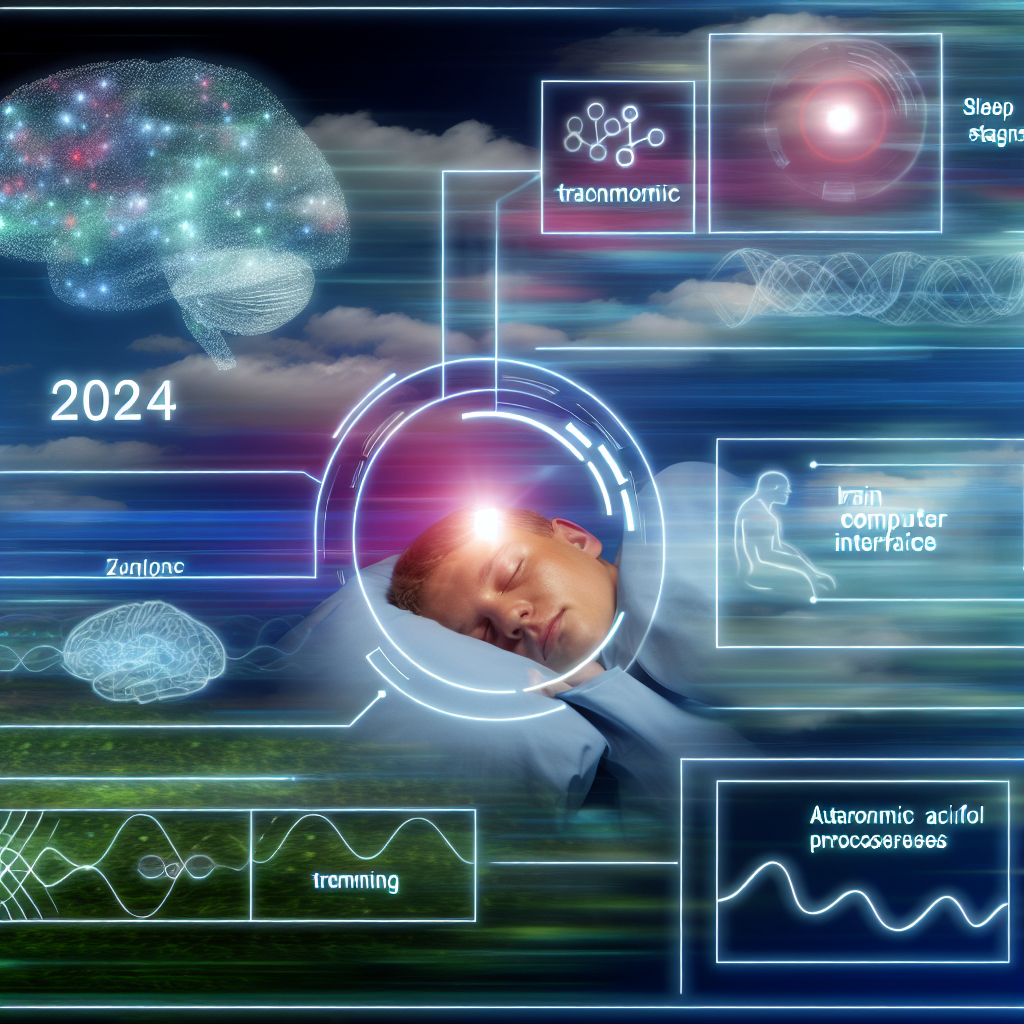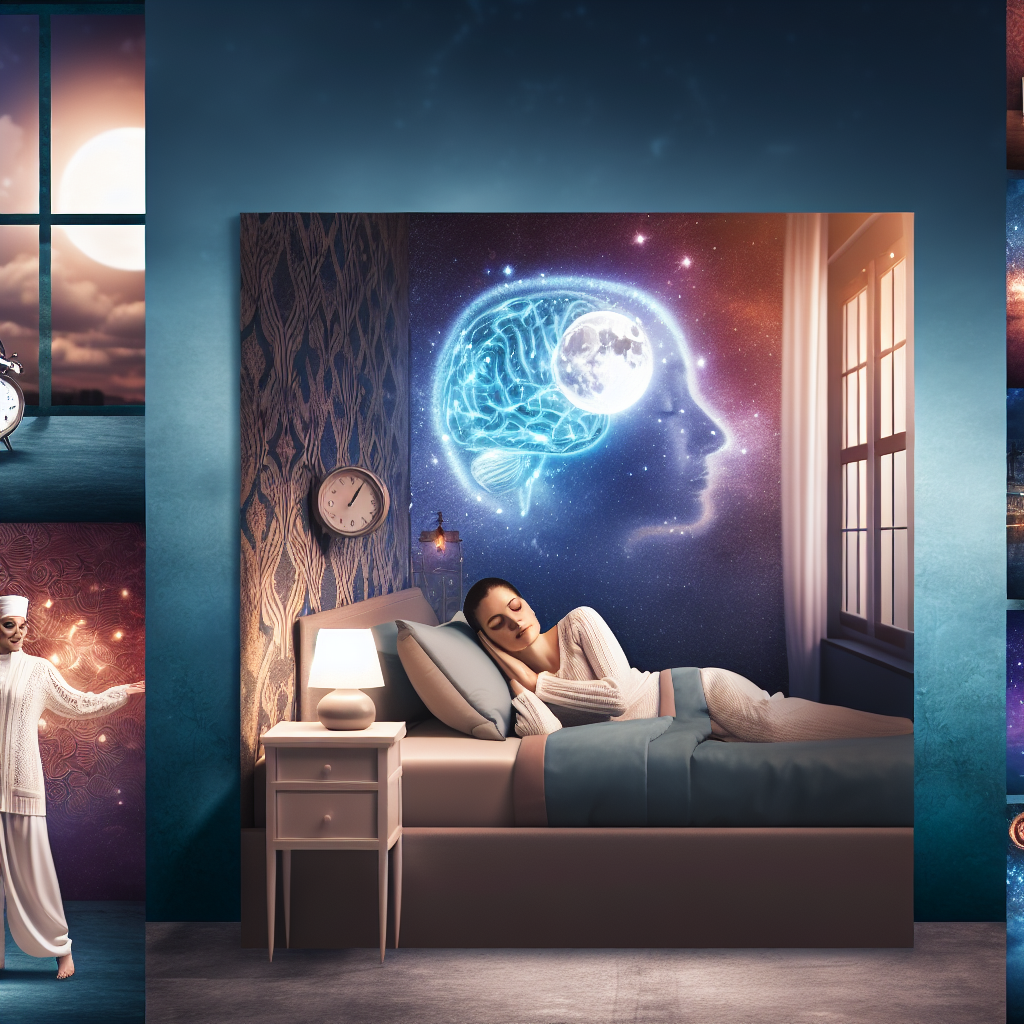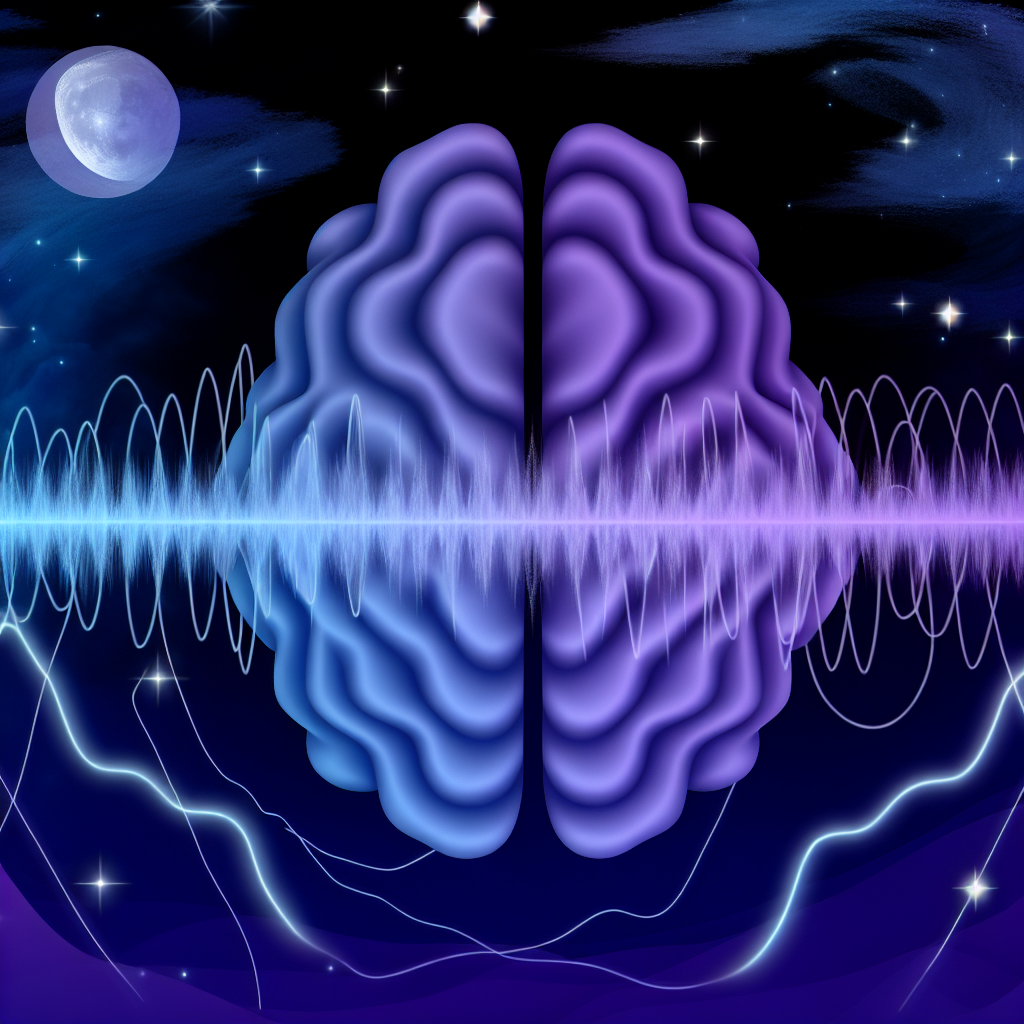Brain-Computer Interfaces for Sleep: 2024 Review
Introduction
The connection between sleep and brain activity has long intrigued scientists, but recent years have led to groundbreaking developments in how we understand and improve sleep health. One of the most promising innovations in sleep science is the advent of brain-computer interfaces (BCIs). These advanced systems are revolutionizing how individuals monitor, regulate, and enhance sleep quality.
A brain-computer interface (BCI) refers to a direct communication pathway between the brain and an external device. In sleep science, BCIs are designed to assess and influence brain-wave activity, helping individuals achieve better rest. Previously, sleep studies relied on laboratory electroencephalograms (EEGs), but BCIs now allow people to track and improve their sleep cycles from home.
With millions affected by sleep disorders, BCIs provide a cutting-edge solution for insomnia, sleep apnea, and other disturbances. These devices can detect irregular sleep patterns, deliver real-time biofeedback, and even enable lucid dreaming. Additionally, BCIs support cognitive function, mental well-being, and overall quality of life by optimizing sleep cycles.
By 2024, leading tech companies and researchers have propelled BCIs into mainstream applications, making them more accessible than ever. Innovations like wearable EEG headbands, neurofeedback devices, and AI-powered BCI systems are reshaping sleep science.
But how effective are BCIs in improving sleep, and what does research say about their safety and efficiency? In this article, we review recent breakthroughs in BCIs for sleep, explore key studies, and discuss the future of sleep science.
How BCIs are Transforming Sleep Science
Recent research has shown how BCIs enhance sleep monitoring, improve deep sleep, and assist individuals with sleep disorders. Scientists and medical professionals have explored various applications of BCIs to optimize rest and restore natural sleep cycles.
Enhanced Sleep Monitoring with BCIs for Precise Tracking
A 2022 study published in Nature Neuroscience found that BCIs equipped with machine learning algorithms detect real-time brain-wave changes with exceptional accuracy. These systems monitor REM and deep sleep stages more precisely than traditional sleep trackers, improving diagnostic and therapeutic interventions (Zhang et al., 2022).
Conventional sleep tracking devices, such as wrist-worn monitors, often fail to distinguish between sleep stages. However, BCIs using EEGs provide a direct and accurate measurement of brain activity associated with different sleep phases.
Neurofeedback Therapy: A Breakthrough for Insomnia
One of the most promising applications of BCIs is neurofeedback therapy for insomnia. A 2023 study in Sleep Medicine Reviews revealed that BCI-based neurofeedback training significantly improved sleep onset and duration. Individuals who trained using personalized neurofeedback achieved deeper, more restorative sleep and experienced better cognitive performance upon waking (Helfrich & Knight, 2023).
Boosting Deep Sleep with Brain Stimulation
BCIs are also being tested for improving sleep quality through brain stimulation. Stanford University researchers conducted a 2024 study on transcranial stimulation during slow-wave sleep—the most restorative stage. Their findings revealed that low-intensity electrical stimulation via a BCI significantly enhanced deep sleep quality and duration, leading to better memory consolidation and cognitive function (Stanford Sleep Science Laboratory, 2024).
AI-Powered BCIs: Personalized Sleep Optimization
Advancements in artificial intelligence (AI) have led to AI-driven BCIs that tailor sleep recommendations to individuals. Wearable EEG-equipped BCIs, developed by Neuroon and Dreem, track long-term sleep patterns and provide data-driven coaching.
A 2023 study by Harvard Medical School found that AI-enhanced BCIs helped users achieve better sleep consistency and stronger circadian regulation. By analyzing brain-wave responses, these smart BCIs create personalized sleep enhancement strategies (Harvard Medical School, 2023).
The Future of BCIs in Sleep Medicine
Brain-computer interfaces are a game-changer in sleep science, offering real-time monitoring, neurofeedback training, and stimulation-based sleep improvements. AI-powered BCIs are creating a path toward personalized sleep coaching, helping users optimize sleep like never before.
With increasing evidence of BCI effectiveness in tackling sleep disorders, deep sleep impairments, and REM regulation, these devices are gaining rapid adoption in both medical and consumer markets. BCIs provide users with the ability to track, analyze, and actively improve their sleep, marking a major leap forward in sleep health technology.
As research progresses, BCIs will become more refined, accessible, and sophisticated. With continuous investment in brain-stimulation techniques, AI integration, and personalized neurofeedback, BCIs may soon revolutionize sleep medicine.
References
1. Zhang, H., et al. (2022). Brain-Computer Interfaces for Sleep Monitoring: Advances in EEG-Based Applications. Nature Neuroscience. Available here.
2. Helfrich, R. & Knight, R. (2023). Neurofeedback for Insomnia: A Review of Recent Advances. Sleep Medicine Reviews. Available here.
3. Stanford Sleep Science Laboratory (2024). Brain Stimulation in Sleep Enhancement Research. Stanford Sleep Science Lab. Available here.
4. Harvard Medical School Division of Sleep Medicine (2023). Artificial Intelligence and Personalized Sleep Coaching. Harvard Medical School Sleep Research. Available here.
Summary:
Brain-computer interfaces (BCIs) are revolutionizing the field of sleep science, offering enhanced sleep monitoring, neurofeedback therapy for insomnia, and AI-powered personalized sleep optimization. These advanced systems are transforming how individuals track, regulate, and improve their sleep quality, providing cutting-edge solutions for a range of sleep disorders. As research continues to progress, BCIs are poised to become more refined, accessible, and sophisticated, potentially revolutionizing the future of sleep medicine.

Dominic E. is a passionate filmmaker navigating the exciting intersection of art and science. By day, he delves into the complexities of the human body as a full-time medical writer, meticulously translating intricate medical concepts into accessible and engaging narratives. By night, he explores the boundless realm of cinematic storytelling, crafting narratives that evoke emotion and challenge perspectives.
Film Student and Full-time Medical Writer for ContentVendor.com




